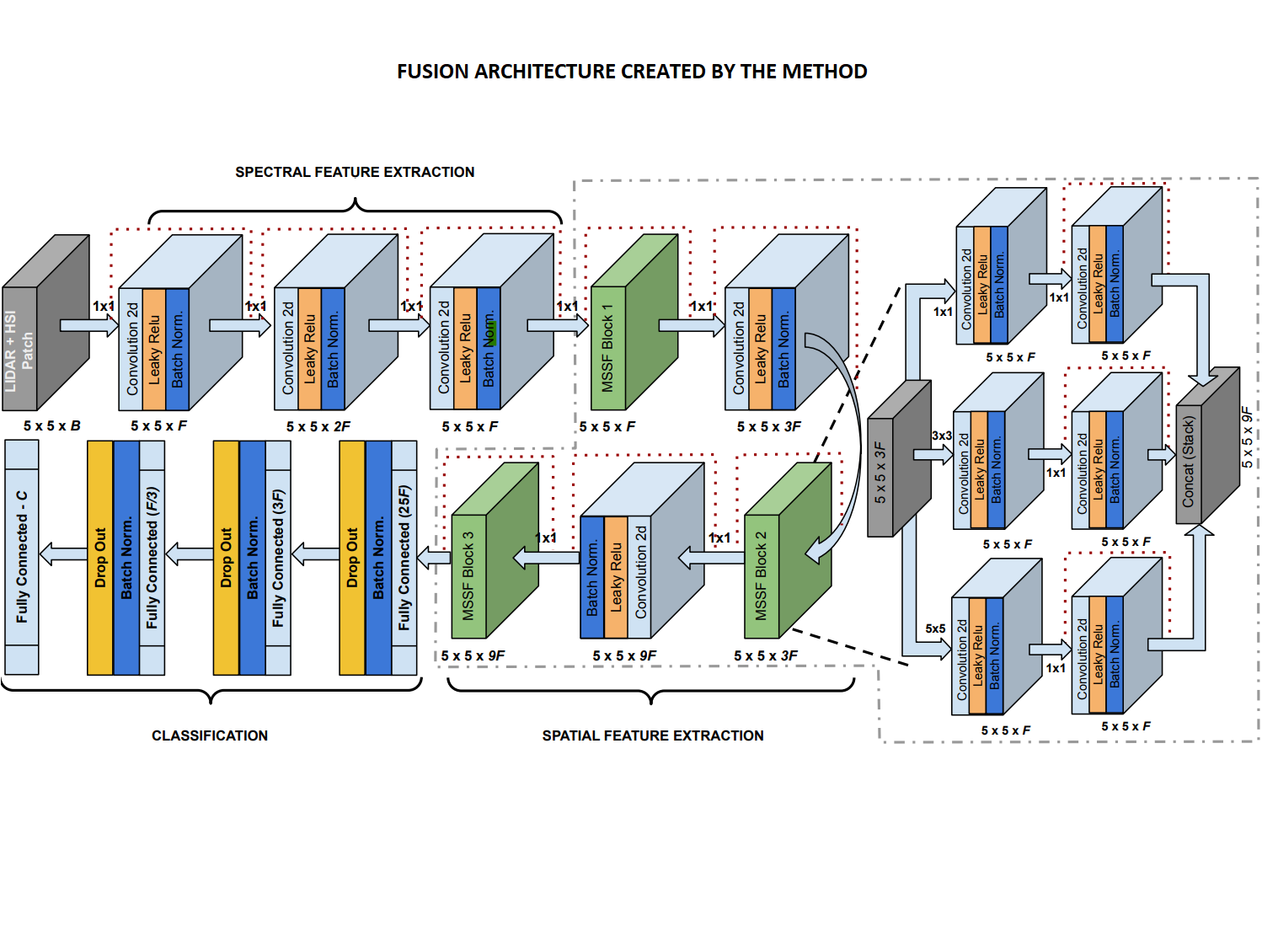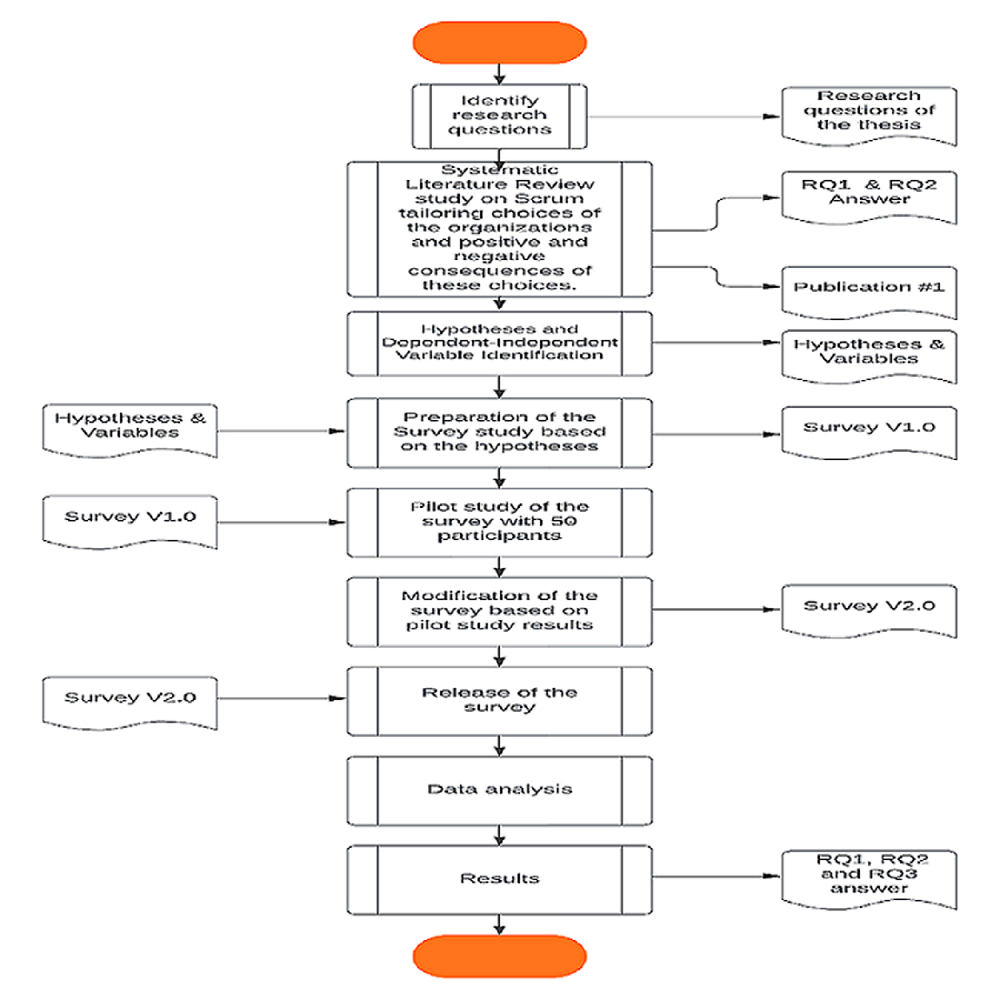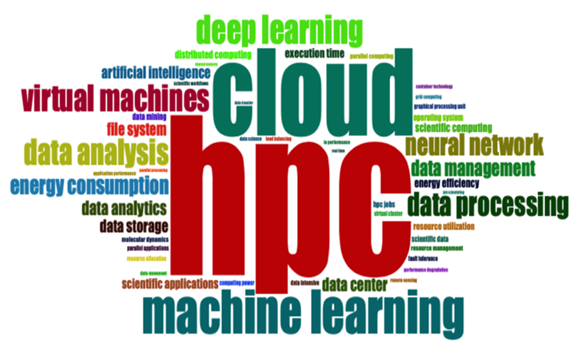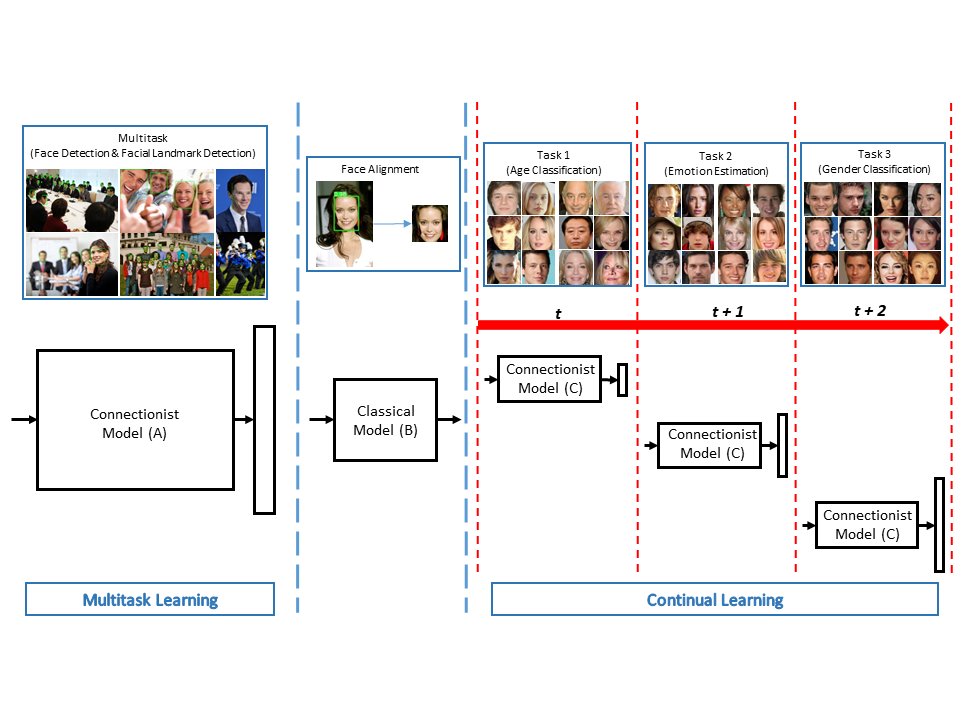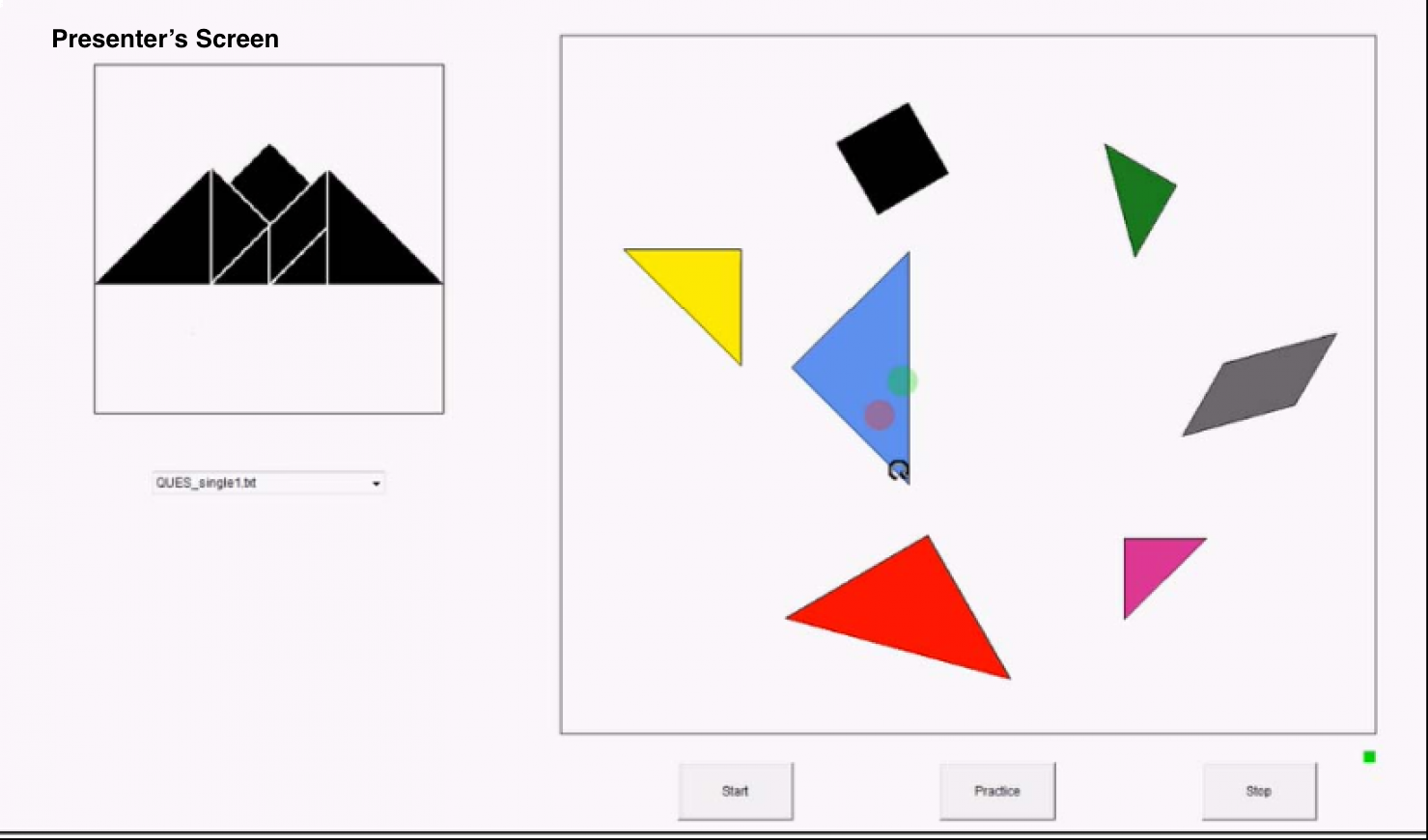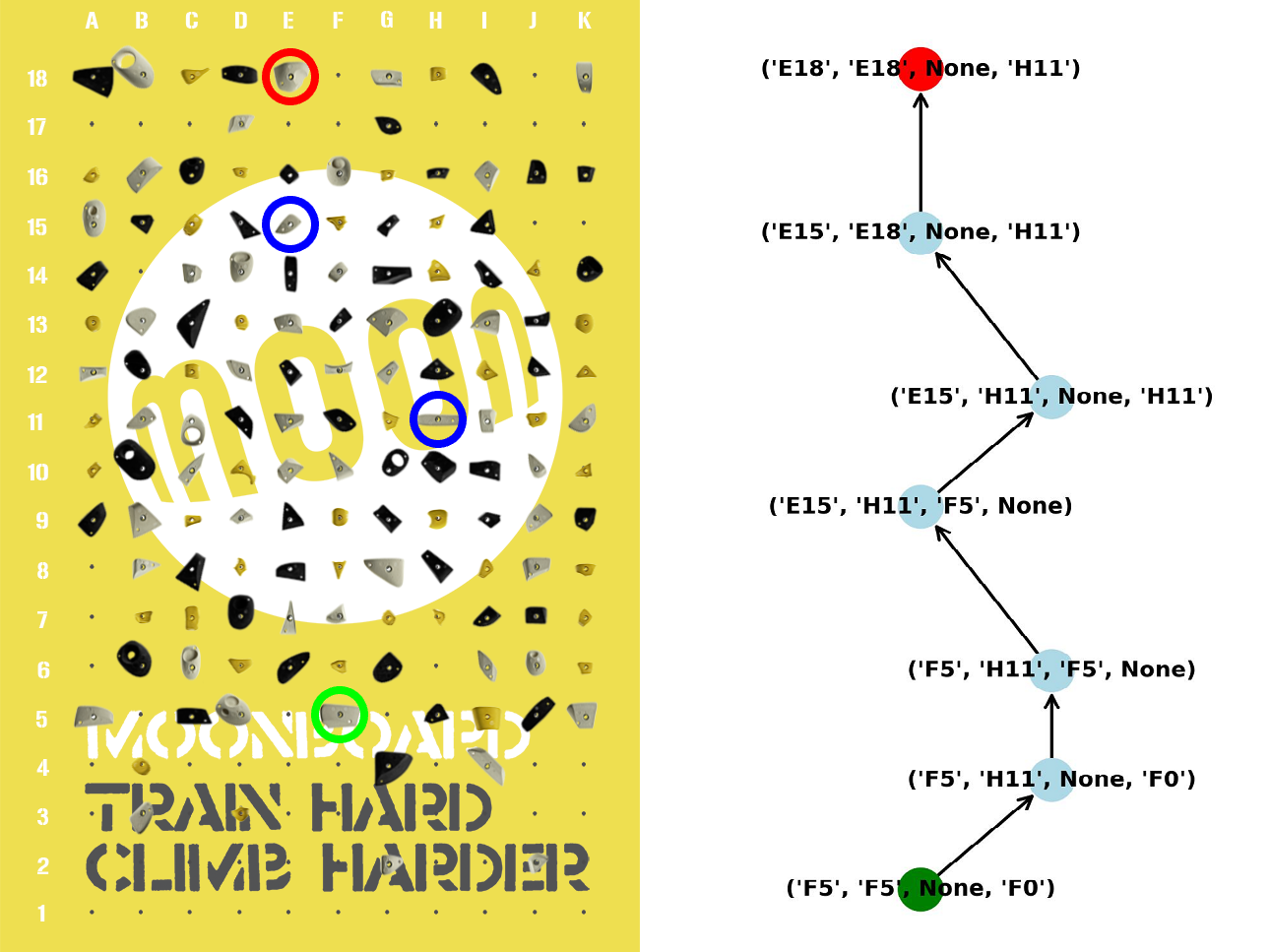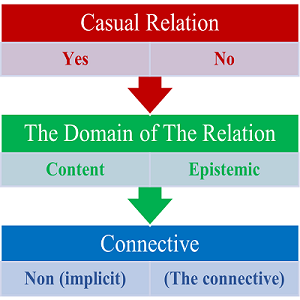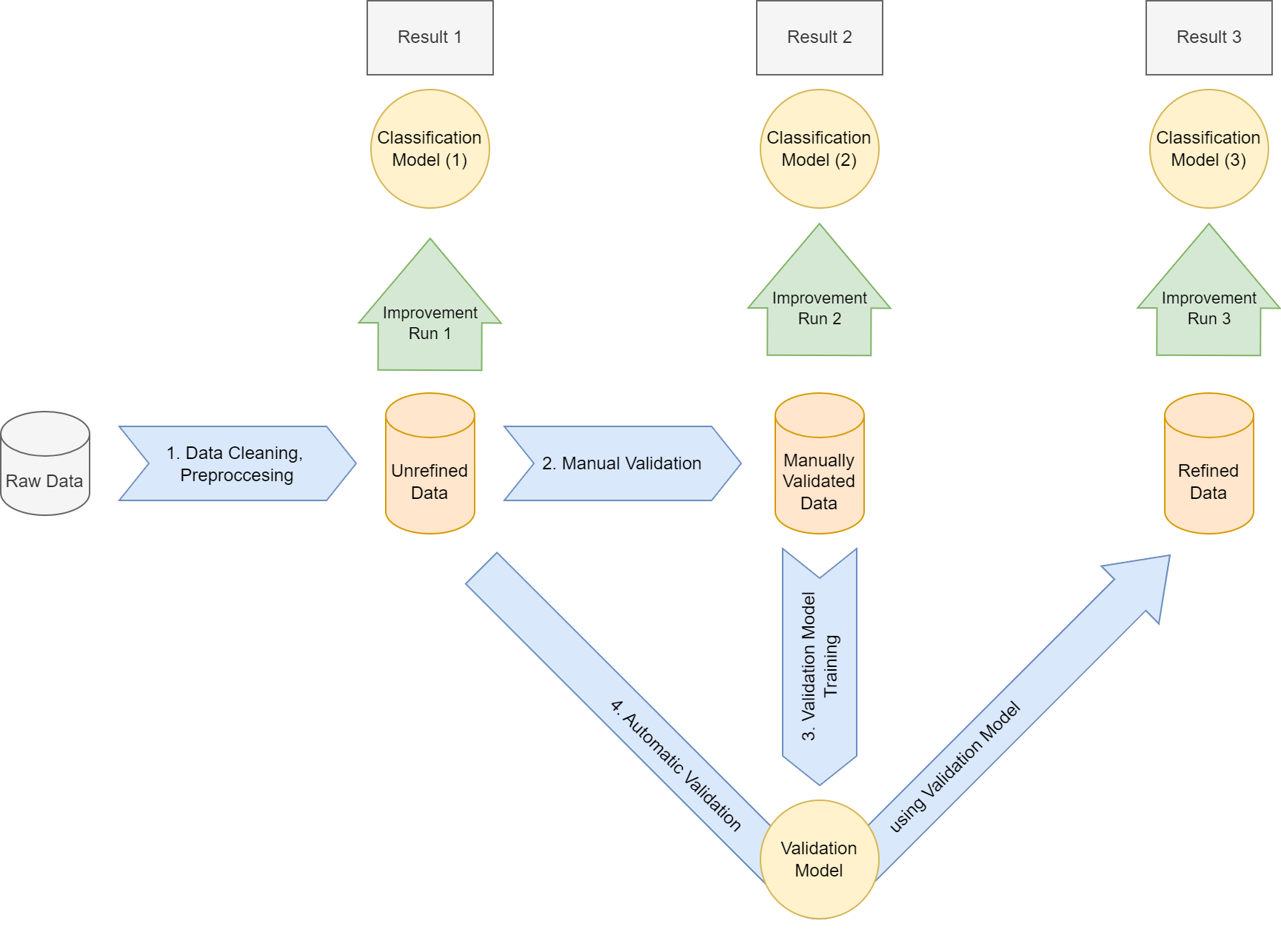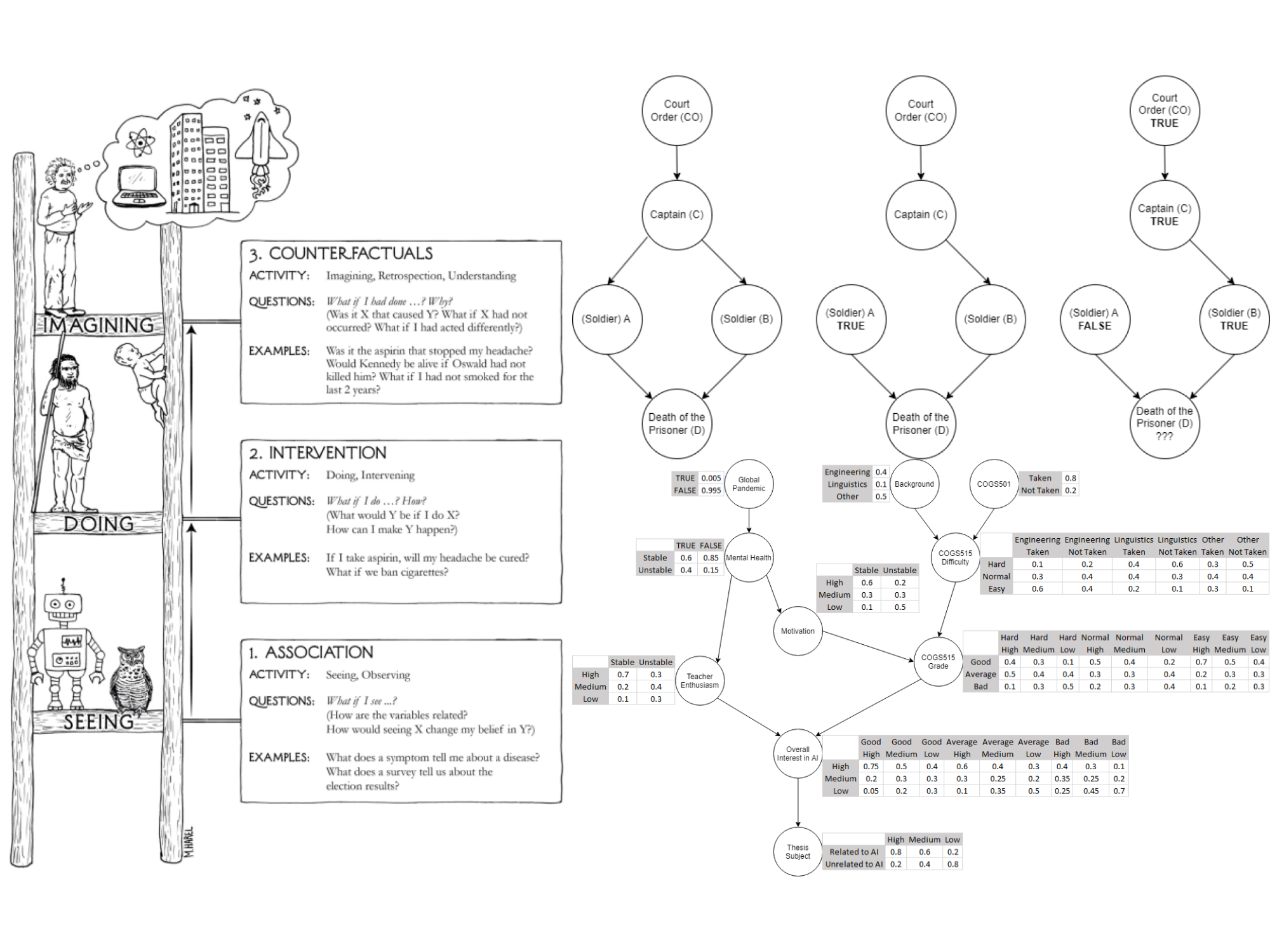Ali Gökalp Peker, Terrain Classification by Using Hyperspectral and Lidar Data
In this thesis study, we focus on the construction of an effective network architecture, for which we propose an architecture generation framework and show how it can be used to create an effective terrain classification model. Additionally, we also observe that land cover training data sets on HSI and LiDAR tend to come short in providing training examples with shadow effects. To address this limitation, we additionally propose a generative adversarial network(GAN) driven statistical data augmentation technique that generates synthetic training examples and show its effectiveness in our experimental results.
Date: 26.01.2023 / 14:30 Place: A-108
